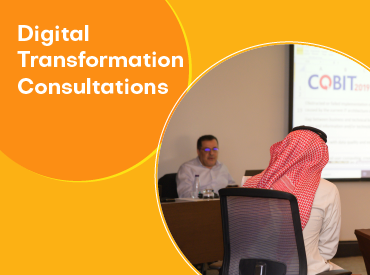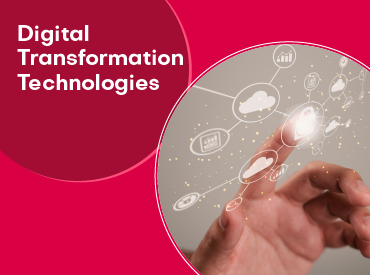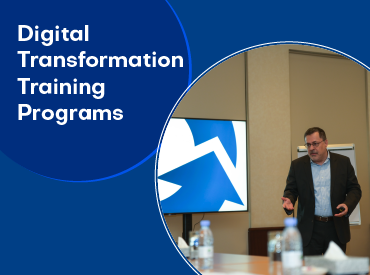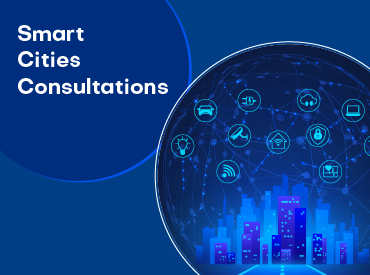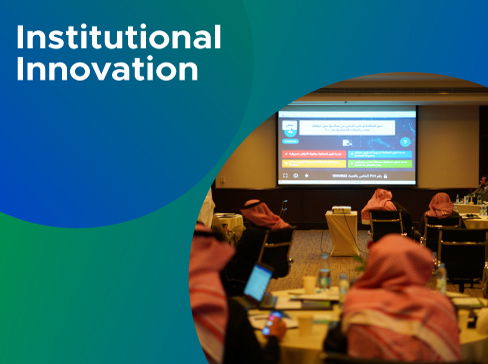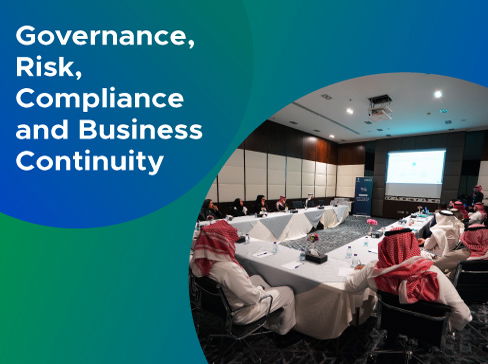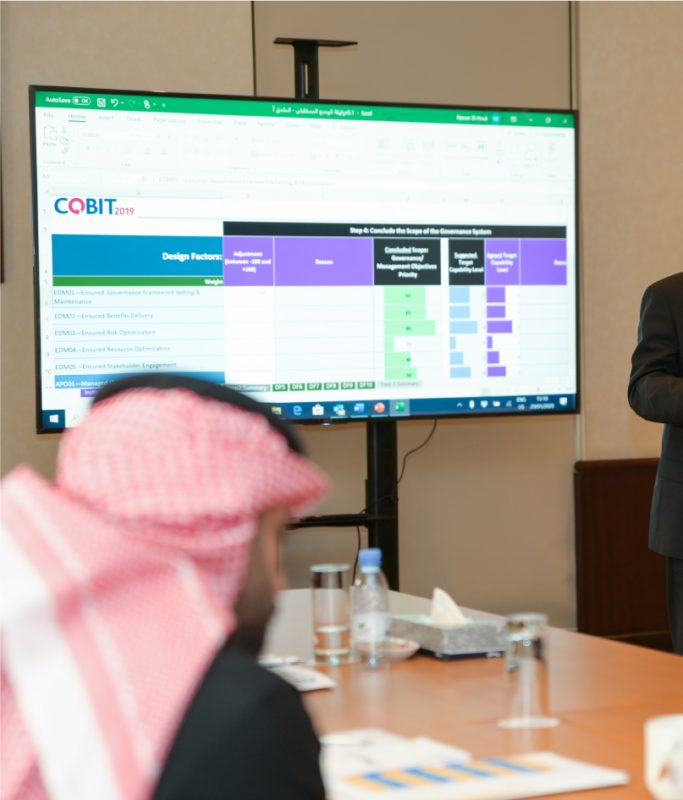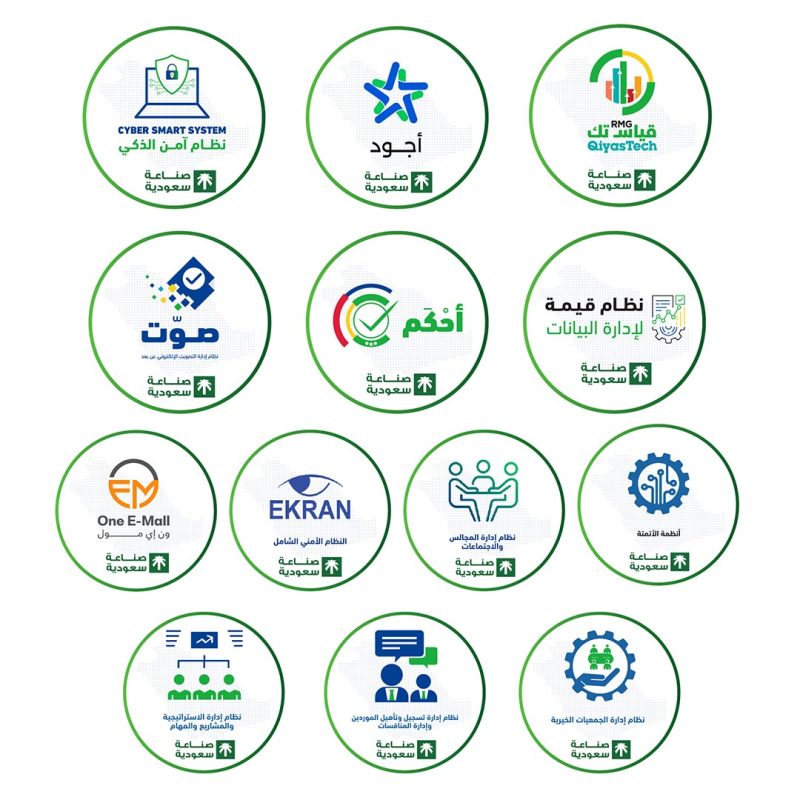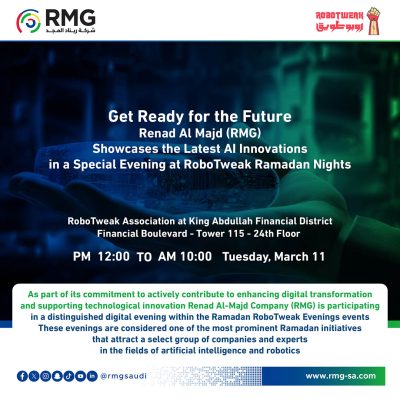Blog Body
Discover the transformative power of AI—from foundational concepts to advanced applications—and how RMG is leading innovation in Saudi Arabia by delivering intelligent solutions that support Vision 2030 and empower your organization to lead.

Introduction to Artificial Intelligence: A New Dawn in the Digital Era
In a world where technological advancement is accelerating at an unprecedented pace, Artificial Intelligence (AI) stands out as a pivotal force reshaping the landscape of our daily lives, industries, and economies. No longer confined to research labs or science fiction, AI has become a tangible reality, manifesting in countless applications—from the smartphones we use to the complex systems managing our smart cities. Commonly abbreviated as “AI,” this groundbreaking technology promises to bring radical changes in the way we work, interact, and learn.
This introduction—and the sections that follow—aims to dive deep into this exciting field, exploring its essence, history, types, significance, and wide-ranging applications, as well as the challenges it presents. We will also shine a special spotlight on the pioneering role played by AI companies in Saudi Arabia, particularly RMG (Rinad AlMajd), in harnessing this technology to drive digital transformation and realize the ambitious goals of Saudi Vision 2030.
What is Artificial Intelligence? Decoding the Digital Mind
To simplify, Artificial Intelligence is a branch of computer science focused on creating machines and systems capable of simulating human cognitive abilities such as learning, problem-solving, decision-making, language understanding, pattern recognition, and sensory perception. The goal is to enable machines to perform tasks that typically require human intelligence.
AI seeks to go beyond traditional programming, which provides machines with explicit instructions for every scenario. Instead, AI aims to develop systems that can learn from data and experience, adapt to new situations, and make independent decisions by analyzing massive volumes of information. At its core, AI relies on a powerful combination of complex algorithms, mathematical models, and immense computational capabilities to process data and extract knowledge.
A Brief History of AI: From Theory to Reality
The history of AI dates back to the mid-20th century, although its philosophical roots stretch much further. British mathematician Alan Turing is considered one of the founding fathers of the field, particularly through his famous Turing Test, designed to assess a machine’s ability to exhibit intelligent behavior indistinguishable from that of a human.
In 1956, the Dartmouth Workshop was held—widely recognized as the official birth of AI as an academic discipline. The field has since experienced cycles of growth and stagnation, often due to overly optimistic expectations and fluctuating funding. However, recent decades have witnessed a powerful resurgence, driven by exponential increases in computing power, the availability of Big Data, and advancements in machine learning and deep learning algorithms—placing AI at the forefront of digital innovation.
Types and Characteristics of AI: Understanding its Scope and Capabilities
AI can be broadly categorized into three main types based on functional capability:
- Artificial Narrow Intelligence (ANI): Currently the most prevalent form of AI, ANI systems specialize in performing a specific task or a limited set of tasks—such as facial recognition, language translation, or product recommendation. Despite their narrow focus, these systems often outperform humans in their designated functions.
- Artificial General Intelligence (AGI): This represents a long-term and ambitious goal of AI. AGI refers to machines with the ability to understand, learn, and apply knowledge across a wide range of tasks at a level comparable to—or exceeding—that of humans. This type remains largely theoretical and under research.
- Artificial Superintelligence (ASI): A hypothetical concept describing intelligence that surpasses the smartest human minds in virtually every field. ASI represents the pinnacle of AI evolution, though it remains speculative.
Key characteristics of AI systems include:
- Learning: The ability to acquire knowledge and skills from data or experience.
- Reasoning: The capability to use logic for drawing conclusions and solving problems.
- Problem-Solving: Finding effective solutions to complex challenges.
- Perception: Interpreting and making sense of sensory inputs (e.g., images, sounds).
- Natural Language Processing (NLP): Understanding, processing, and generating human language.
These capabilities are enabled through a range of AI technologies, including Machine Learning, Deep Learning, NLP, Computer Vision, and Artificial Neural Networks.
The Risks and Downsides of Artificial Intelligence: Ethical and Societal Challenges
Despite its tremendous benefits, Artificial Intelligence is not without its challenges and concerns. Some of the most pressing risks and downsides of AI include:
- Job Displacement: The fear that AI-powered automation may replace human labor in certain sectors, leading to unemployment and social disruption.
- Bias and Discrimination: Algorithms may reflect the biases embedded in the data they are trained on, potentially resulting in unfair or discriminatory outcomes.
- Privacy and Security Issues: The collection and analysis of vast amounts of data raise concerns about privacy breaches, data misuse, and system vulnerabilities.
- Responsibility and Accountability: It can be difficult to determine who is liable when autonomous AI systems make mistakes or cause accidents.
- Ethical Dilemmas: Complex ethical questions arise, particularly with autonomous systems (such as self-driving cars) that must make life-or-death decisions in critical situations.
- Transparency (Black Box Problem): A lack of clarity in how some AI systems—especially deep learning models—arrive at their decisions, which can hinder trust and accountability.
- Military Applications and Weaponization: Concerns about the development of lethal autonomous weapons systems (LAWS) and their implications for warfare and global security.
Addressing these challenges requires a balanced approach that combines responsible technological development, robust regulatory and legal frameworks, and the promotion of public discourse around AI ethics.
Artificial Intelligence in Saudi Arabia: A Key Driver of Vision 2030
The Kingdom of Saudi Arabia recognizes the strategic importance of Artificial Intelligence in achieving its ambitious development goals. Digital transformation and innovation lie at the heart of Vision 2030, with AI considered a cornerstone of this transformation.
To lead this national effort, the Kingdom established the Saudi Data and Artificial Intelligence Authority (SDAIA) as the central body responsible for data and AI. SDAIA’s mission is to regulate this vital sector, foster innovation, and build national capabilities. Estimates suggest that up to 70% of Vision 2030’s objectives are directly or indirectly linked to data and AI, underscoring the Kingdom’s deep commitment to leveraging these technologies to drive economic growth, diversify income sources, improve public services, and solidify its position as a regional and global hub for technology and innovation.
Saudi Arabia is also witnessing rapid growth in its AI ecosystem, with a rising number of startups and major tech firms offering cutting-edge AI solutions, supported by growing public and private investments.
RMG: A Trailblazer in AI Solutions in Saudi Arabia
At the forefront of this dynamic landscape stands Rinad AlMajd (RMG)—one of the leading AI companies in Saudi Arabia. RMG plays a pivotal role in supporting the digital transformation journeys of both public and private sector organizations by delivering a comprehensive suite of innovative AI services and solutions.
Backed by extensive experience and a team of highly qualified experts and consultants, RMG is uniquely positioned to provide high-quality services tailored to diverse client needs. Key AI services offered by RMG include:
- AI-Driven Innovative Solutions: Designing and developing custom applications based on cutting-edge technologies such as Machine Learning, Natural Language Processing (NLP), Computer Vision, Predictive Analytics, and Generative AI (GenAI) to address business challenges and achieve targeted goals.
- AI Consulting Services: Helping organizations understand the potential of AI, identify suitable opportunities for implementation, and develop and execute AI strategies aligned with their overall objectives.
- Ready-Made AI Products: Offering off-the-shelf solutions such as Decision Engines and other tools that enhance operational efficiency and effectiveness.
- AI Applications in the Public Sector: RMG brings deep expertise in addressing government needs by developing AI solutions that support smart government initiatives and improve services for citizens.
- AI Training Programs: Providing specialized training programs to build national talent and equip professionals with the skills needed to thrive in the AI field—contributing to the Kingdom’s AI goals.
RMG’s expertise extends beyond AI to other critical domains that support the digital transformation journey, including Digital Transformation Consulting, Data Management and Governance (aligned with NDMO requirements), Cybersecurity, Enterprise Architecture, Organizational Excellence, and Management and IT Consulting—making it a comprehensive strategic partner for institutions aiming to lead in the digital age.
The company’s commitment to innovation is reflected in initiatives such as the RMG Innovation Lab and its dedicated Research Center, which reinforce its position as a driving force in the Kingdom’s tech sector.
Partnering for the Future: Unlock the Power of AI with RMG
As the world rapidly advances toward an AI-driven future, partnering with a trusted and experienced technology provider has become essential for organizations seeking to harness the full potential of this revolutionary technology and achieve leadership in their sectors.
RMG invites all government entities and private companies—both in Saudi Arabia and beyond—to explore partnership opportunities and leverage its vast expertise and innovative solutions in the field of Artificial Intelligence. Whether you are looking to develop custom AI applications, need strategic consulting to design an AI adoption roadmap, or want to empower your teams through specialized AI training programs, RMG is your ideal partner.
By collaborating with RMG, your organization can:
- Accelerate digital transformation and achieve strategic goals.
- Gain a competitive edge by adopting the latest AI technologies.
- Improve operational efficiency and reduce costs.
- Make smarter decisions based on data analysis and deep insights.
- Deliver personalized, innovative experiences to your clients and beneficiaries.
- Contribute to the realization of Saudi Arabia’s AI ambitions and Vision 2030.
Don’t let the AI revolution pass you by. Connect with RMG’s expert team today to start a conversation about how we can help you unlock the immense potential of AI and achieve sustainable success in the digital era.
Artificial Intelligence: A Future Without Limits
AI is more than just a technology—it represents a paradigm shift in human and machine capabilities, opening up limitless horizons for innovation and progress. From understanding what AI is and grasping its fundamentals, to exploring its various types and applications, recognizing its importance and addressing its challenges, and finally witnessing its practical implementation in key sectors like education and healthcare, it’s clear that we are standing at the threshold of a new era—an era powered by intelligence.
And at the heart of this transformation in Saudi Arabia stands Rinad AlMajd (RMG)—a leading partner for ambitious organizations, offering the expertise and solutions needed to successfully adopt AI and help build a bright and prosperous future for the Kingdom and the world.



